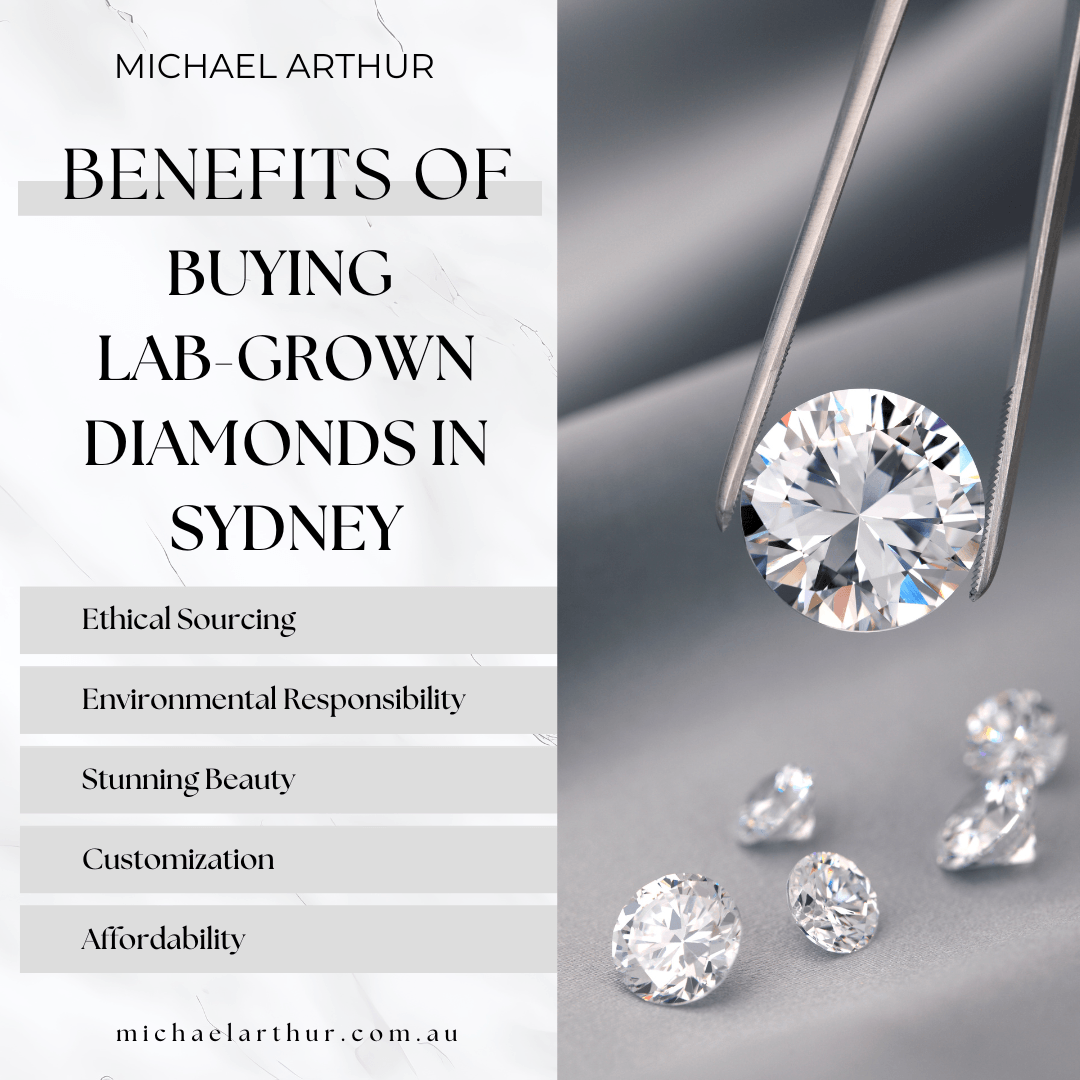Some Known Factual Statements About Lab Grown Diamonds
Table of ContentsThe Greatest Guide To Lab Grown DiamondsLab Grown Diamonds Things To Know Before You BuyWhat Does Lab Grown Diamonds Do?The smart Trick of Lab Grown Diamonds That Nobody is Discussing
As you travel closer to the Planet's core, stress and temperature level boost, which develops the excellent oven for carbon to be converted right into ruby (rubies are the only gemstone to be made from totally one element). Via a huge volcanic eruption, these rubies were delivered to the Planet's surface area. It's estimated this process was fairly quick (more than likely throughout several hours), which enabled the rubies to remain intact without melting.The brief response: carats gauge the mass of stones, karats gauge the pureness of gold. Carat weight: 1 carat weight amounts to 0.2 grams, regarding the weight of a paperclip (next time you see an image of Mariah Carey's 35 carat interaction ring, just envision the burden of lugging 35 paper clips around your finger every day).

Below are some of the essential advantages of laboratory expanded rubies and lab grown diamond jewellery:.
The Only Guide to Lab Grown Diamonds
Put simply, all-natural or earth-mined diamonds are crafted over countless years below the Planet's crust from pure carbon integrated with pressure and warm. Developing diamonds in a lab calls for the very same process, simply fine-tuned to take location over a much smaller timespan in a a lot more regulated setting.
Whereas earth-mined rubies are rare and limited and tend to enhance in rate over time, lab rubies are easily offered., like lab-grown diamond rings, they won't be an excellent fit for your needs.
They may think that the disadvantages of lab-grown diamonds surpass the pros. Disputes, battles, and human legal rights concerns are all come together with the ruby industry. That claimed, the ruby market does supply income to third-world countries. Some could say that, consequently, getting a lab-made ruby also features its honest factors to consider, as doing so takes revenue far from those associated with the natural ruby industry that may need it most.
Traditional rubies count on the Earth's conditions to determine their high quality or absence thereof. In a lab, makers can directly regulate a ruby's top quality. Yes, there are ethical and environmental factors to consider with both mined and manufactured rubies. Intend your budget plan only allows you to purchase specific colors or cuts of natural rubies.
All about Lab Grown Diamonds
You can conveniently discover colored, man-made diamonds on the (reasonably) inexpensive side in addition to details cuts that would be pricier if you were purchasing an extracted ruby only. As stated, not every insurance policy will certainly protect your lab-grown diamond however that hardly suggests it isn't worth safeguarding. Our extensive protection shields you under different unfavorable situations, from mystical loss to theft.
all-natural diamonds is that the last is mined from natural down payments in the Earth while the previous is made in a laboratory making use of regulated setups. Their high quality is mostly the exact this website same. While the difference between lab-grown and natural diamond alternatives are marginal when it pertains to quality, some of the downsides of lab-grown diamonds consist of the truth that the rock will diminish over time and, to some, a lack of sentimental value that's typically associated with extracted diamonds
The process entails minimal land interruption and gets rid of problems connected to logging and environment damage. Lab-grown rubies are typically much more affordable than all-natural diamonds. This expense difference can be credited to the structured manufacturing process and the avoidance of expenditures connected with traditional mining. The Controlled Environment in Which Lab Grown Diamonds Are Developed Enables Constant Quality.
Adaptability in Layout - Laboratory Grown Diamonds Deal Designers and Consumers a Versatile Palette to Develop Special and Ingenious Jewelry Styles - Lab Grown Diamonds. Laboratory Rubies Often Come with A More Transparent Supply Chain.
The Buzz on Lab Grown Diamonds
Market Assumption - Regardless Of Their Find Out More Similar Physical Residences, Laboratory Diamonds May Face Tests in Market Perception. Some Customers Still Perceive Natural Diamonds as Having Higher Worth and Eminence. The Manufacturing of Lab-Grown Diamonds Can Be Energy-Intensive, Particularly in Techniques Like High Stress High Temperature level (hpht) and Chemical Vapor Deposition (cvd).
Natural Rubies Are Created Over Millions of Years Deep Within the Earth, Adding to Their Perceived Rarity. Lab-Grown Diamonds, In Spite Of Their Identical Feature, Might Not Carry the Same Rarity Element, Influencing Their Viewed Worth for Some Consumers. Influence on Diamond-Dependent Economic Situations - the Change Towards Lab Grown Diamonds May Have Financial Ramifications for Countries and Neighborhoods that Rely On The Ruby Mining Sector.

Ans. Laboratory Rubies Are of Equal High Quality to Natural Diamonds in Terms of Solidity, Sparkle, and Clearness. the Quality of A Diamond, Whether Lab-Grown or Mined, Is Established by Its Cut, Shade, Clarity, and Carat Weight. Ans. Yes, Lab Diamonds Sparkle Similar To Natural Diamonds. Their Sparkle and Shimmer Are a Result of Their Cut and The Way Light Connects with Their Aspects. Ans.